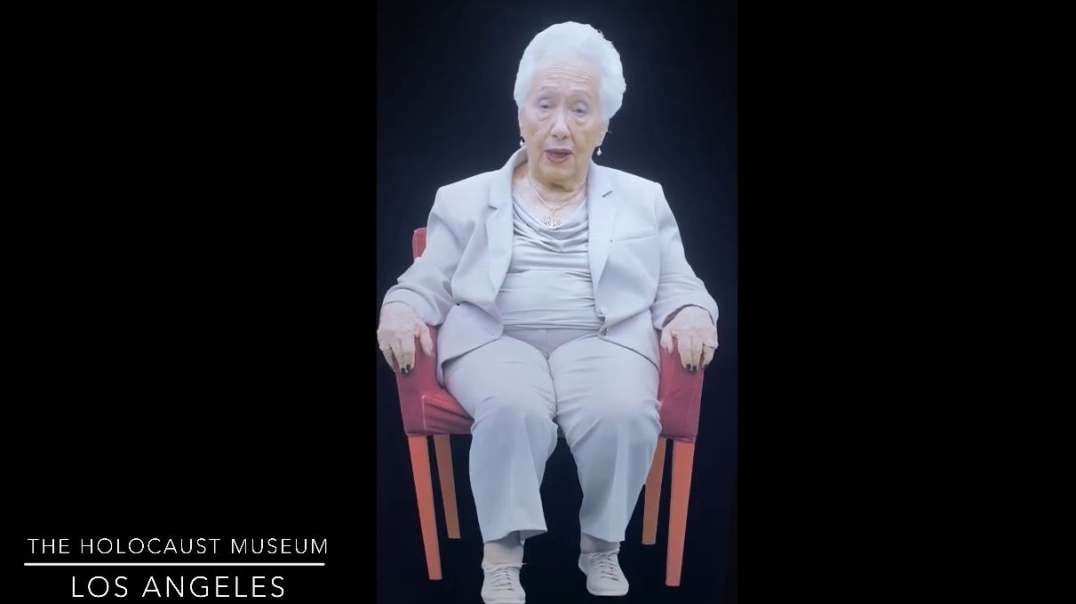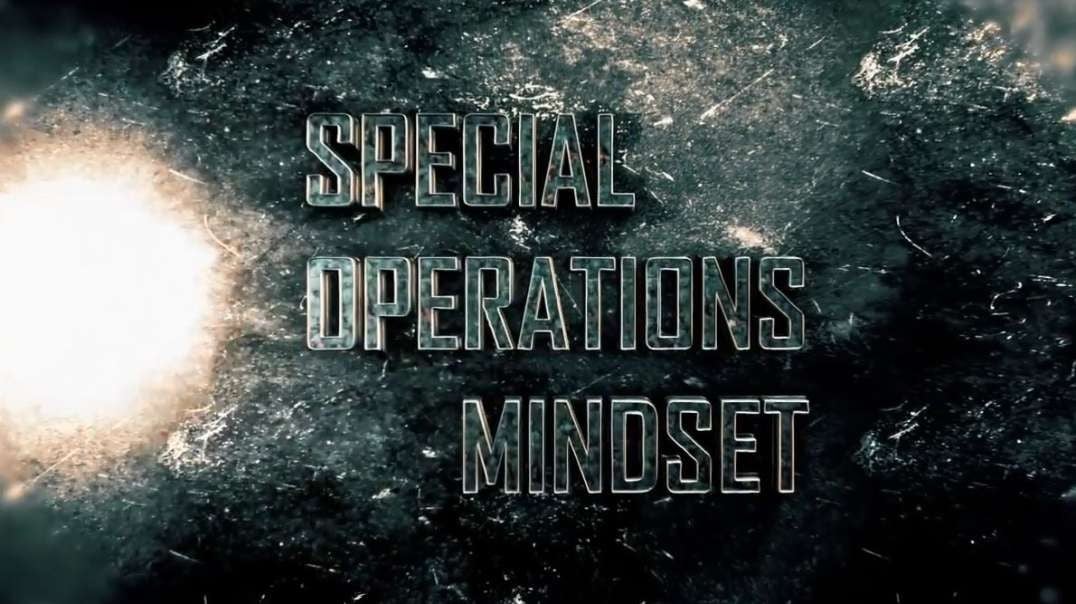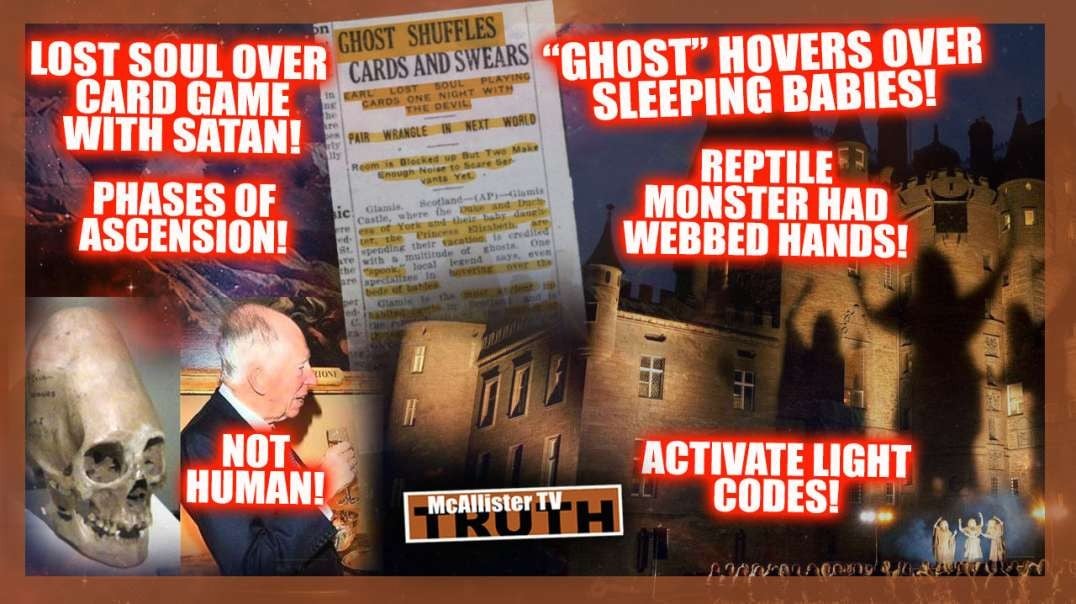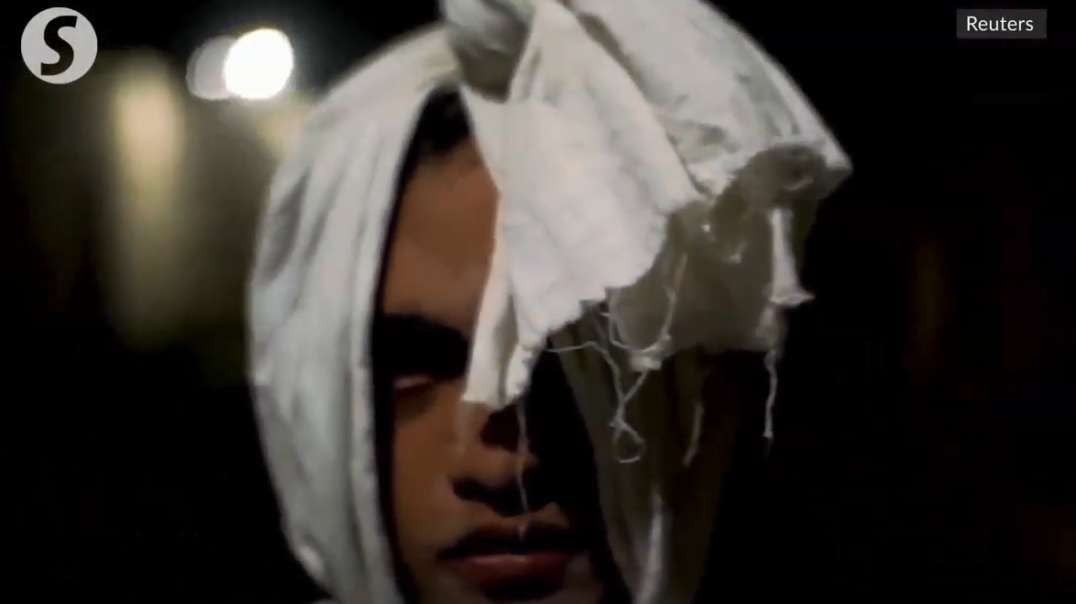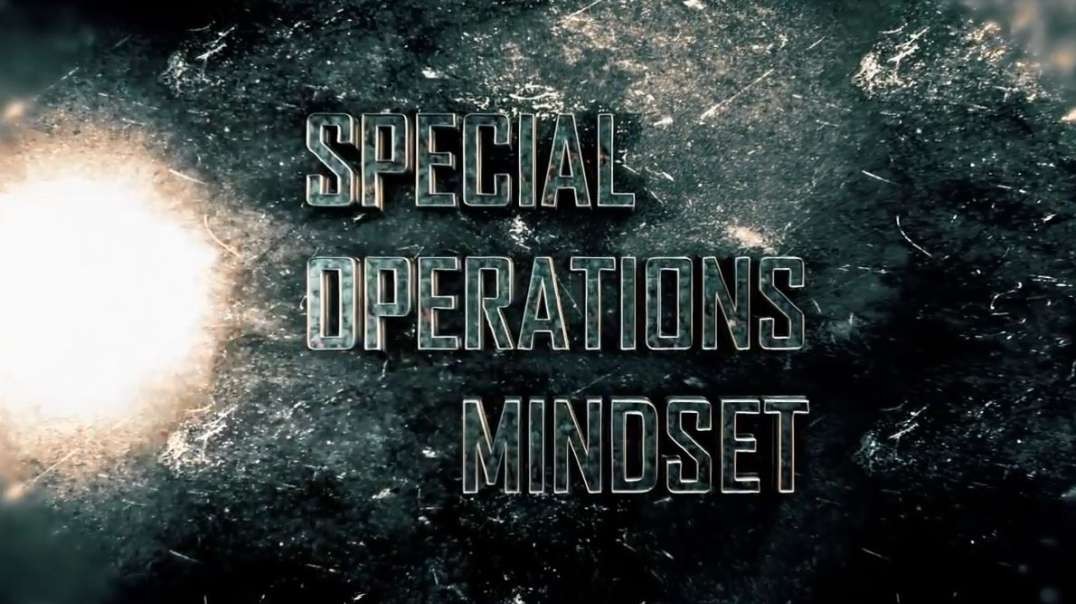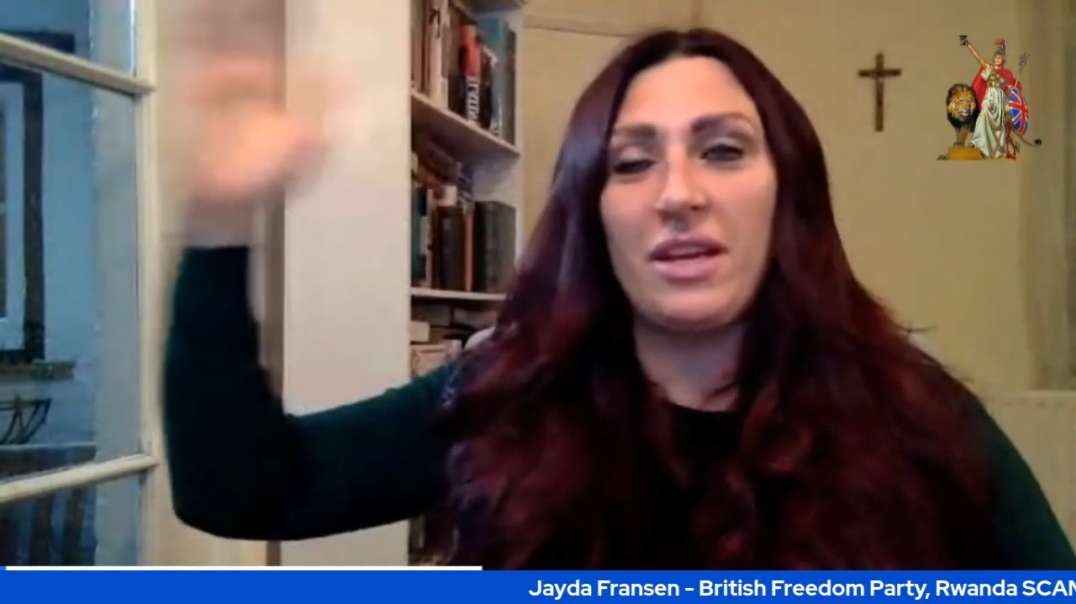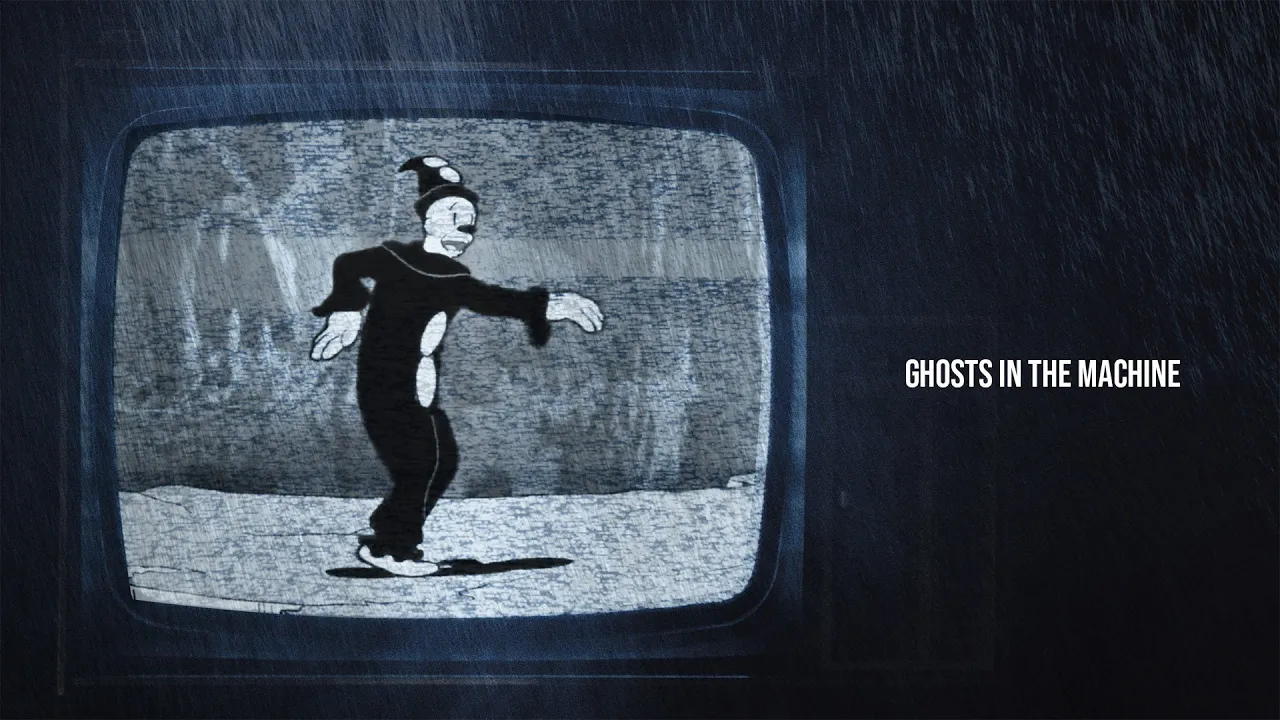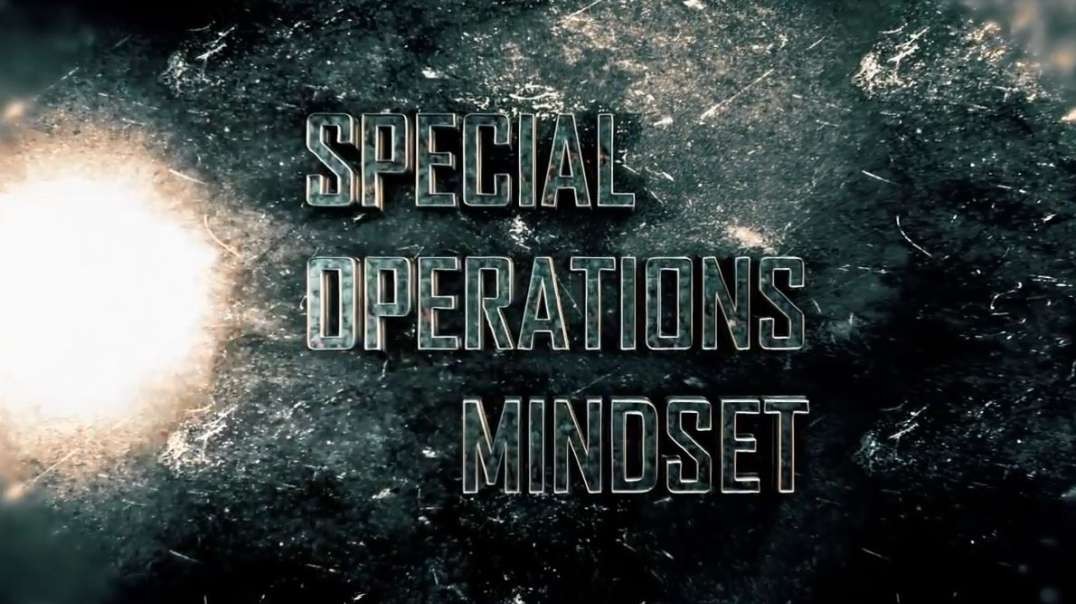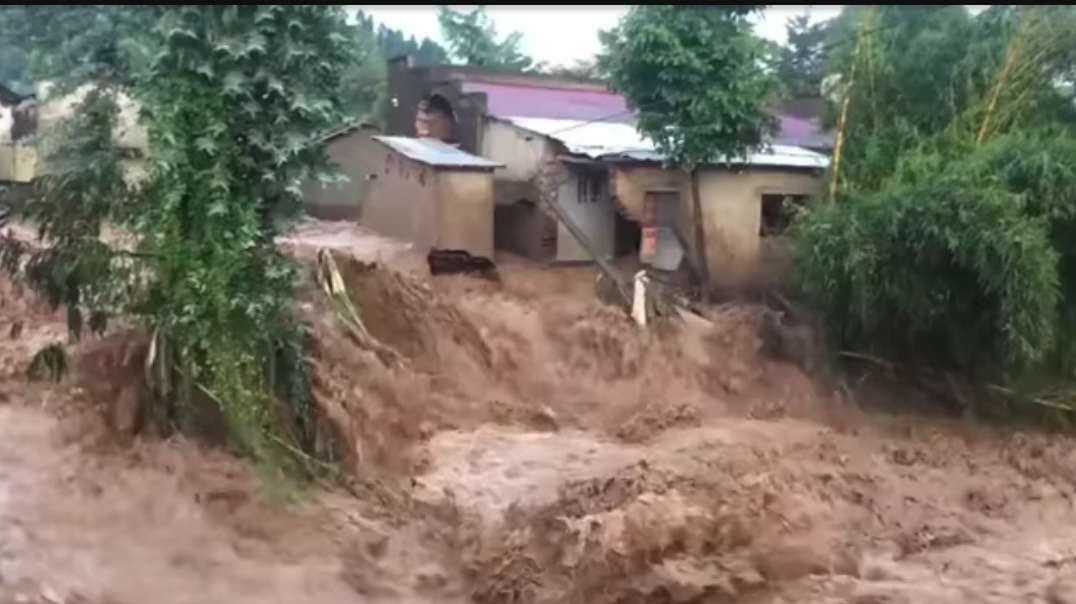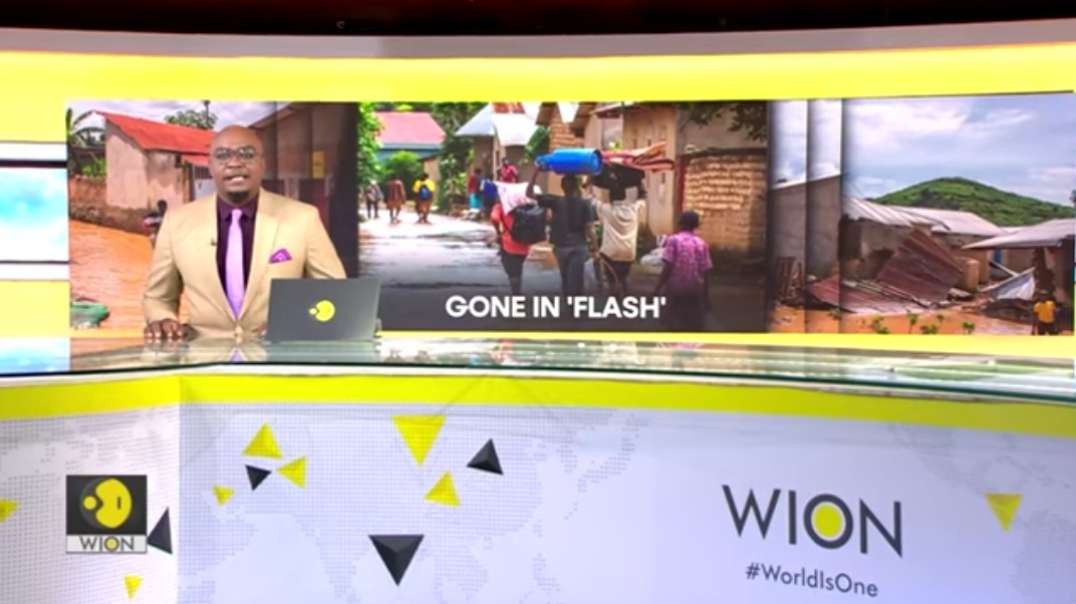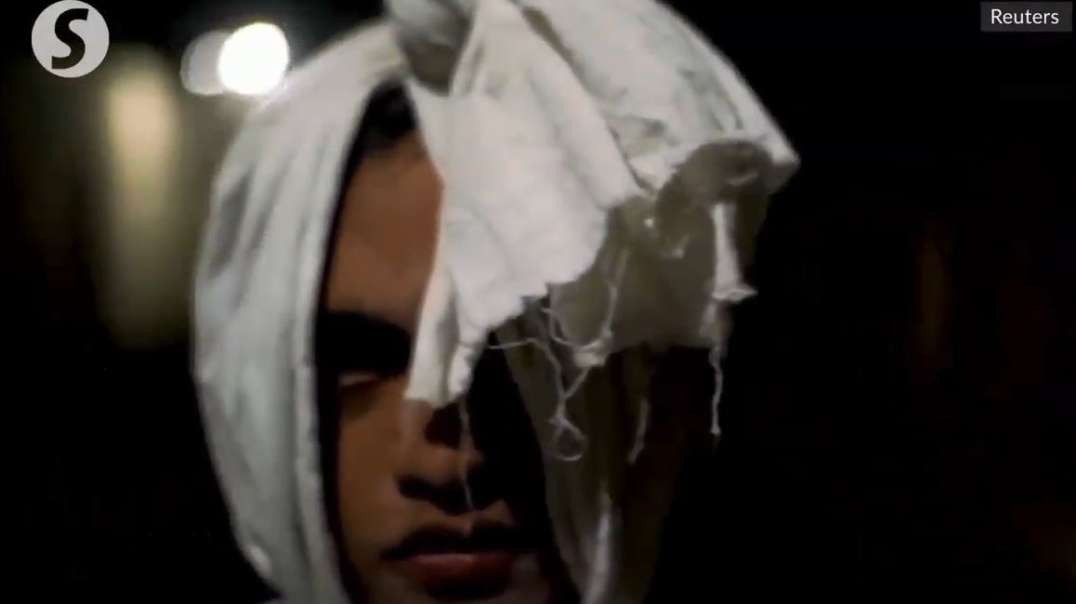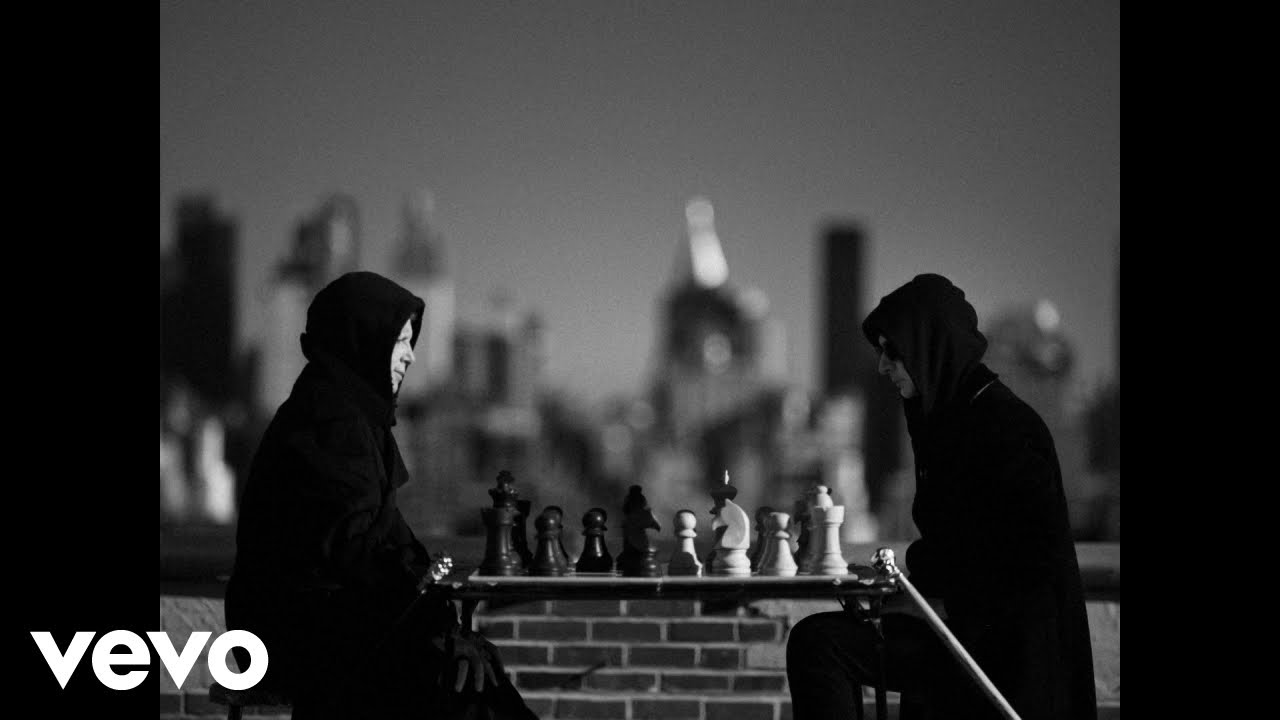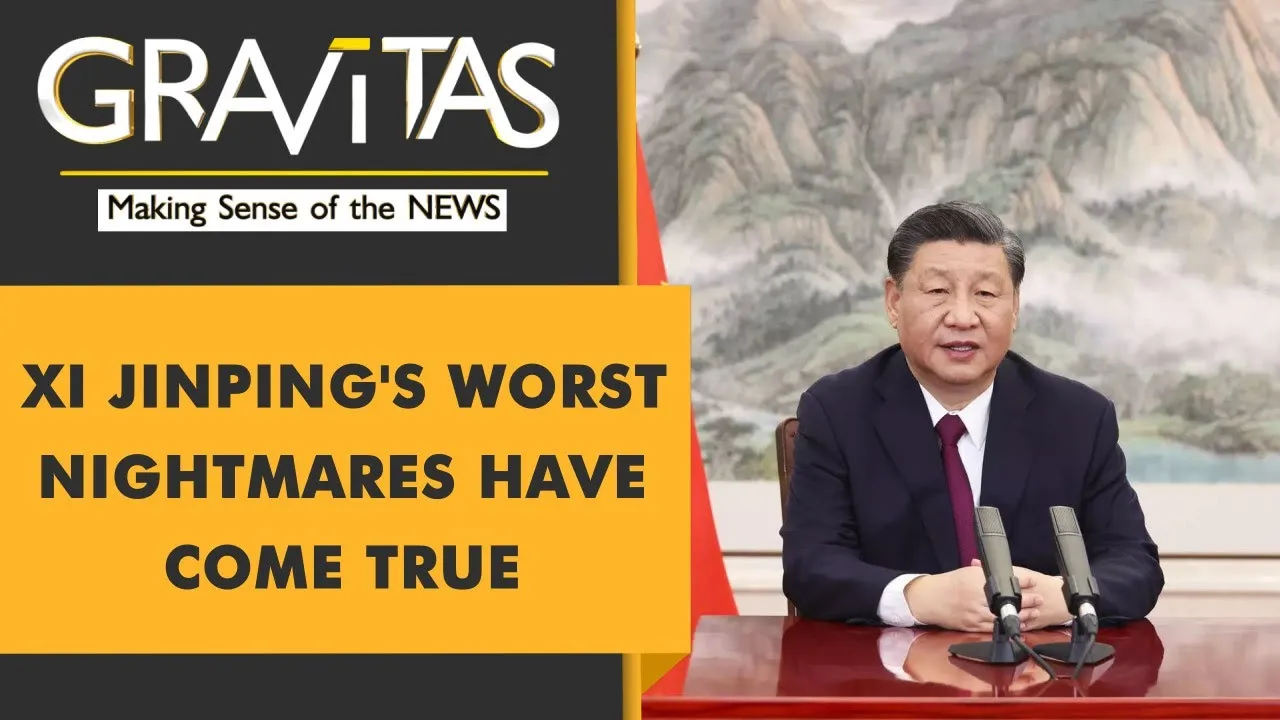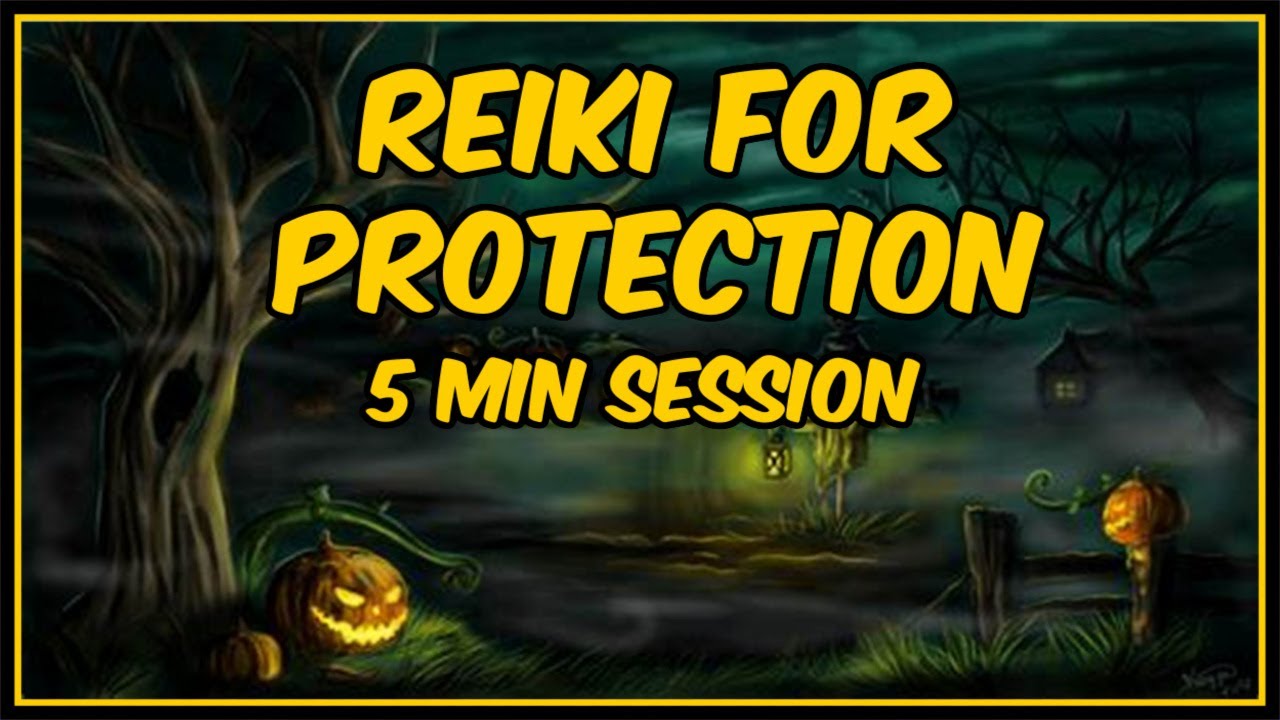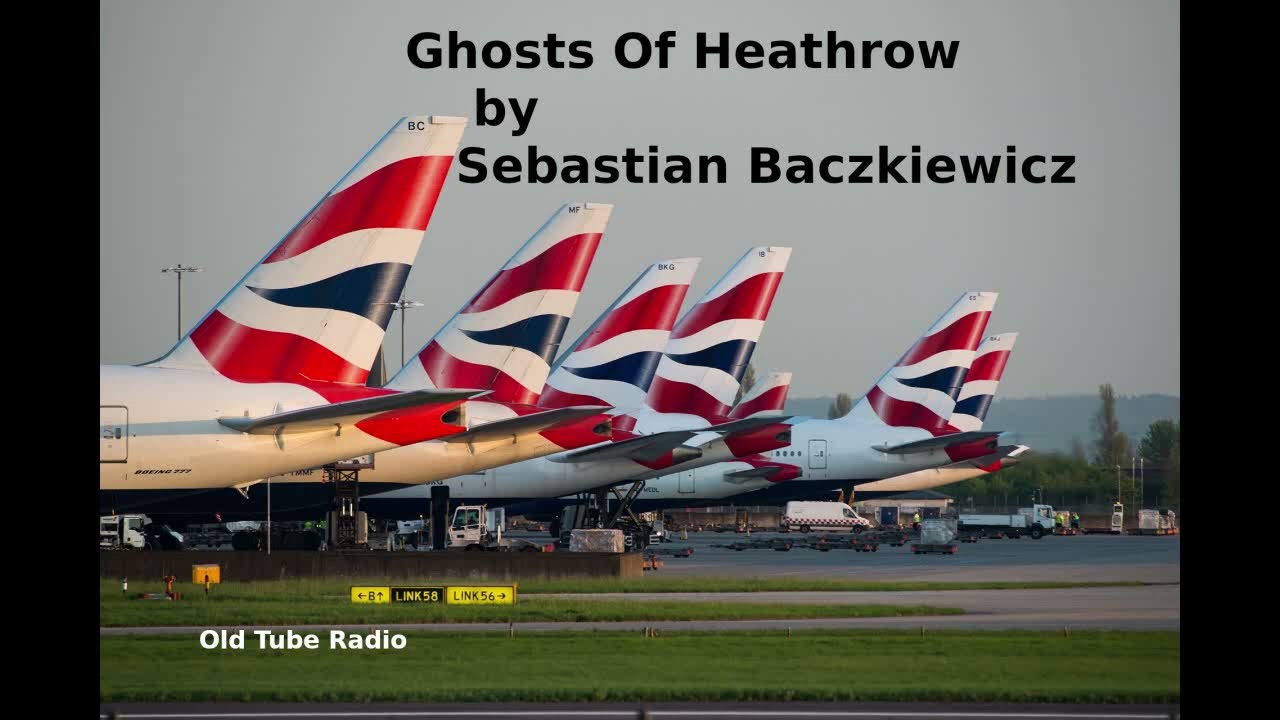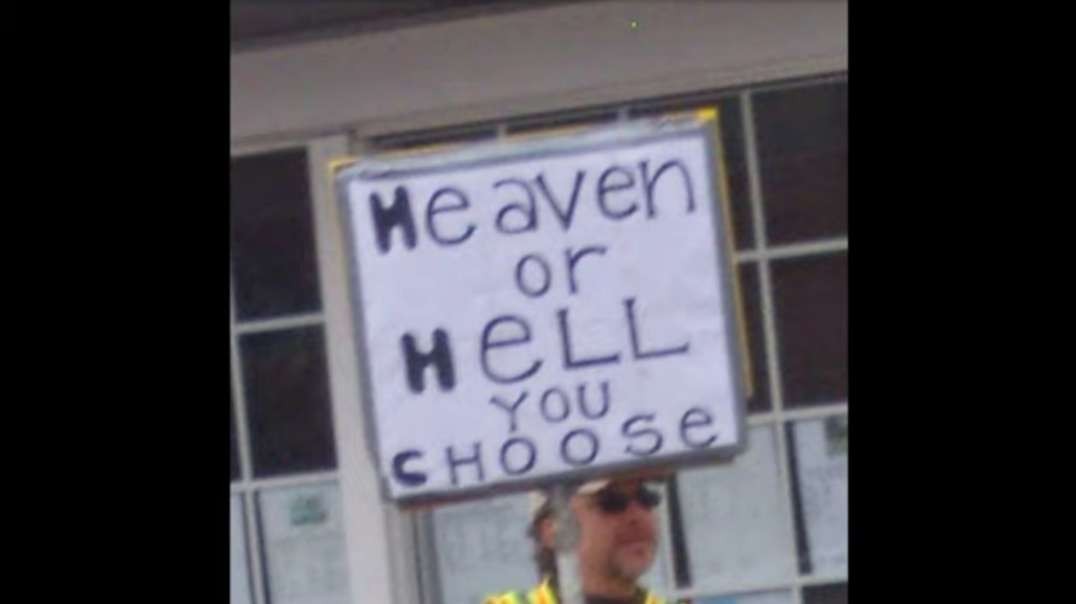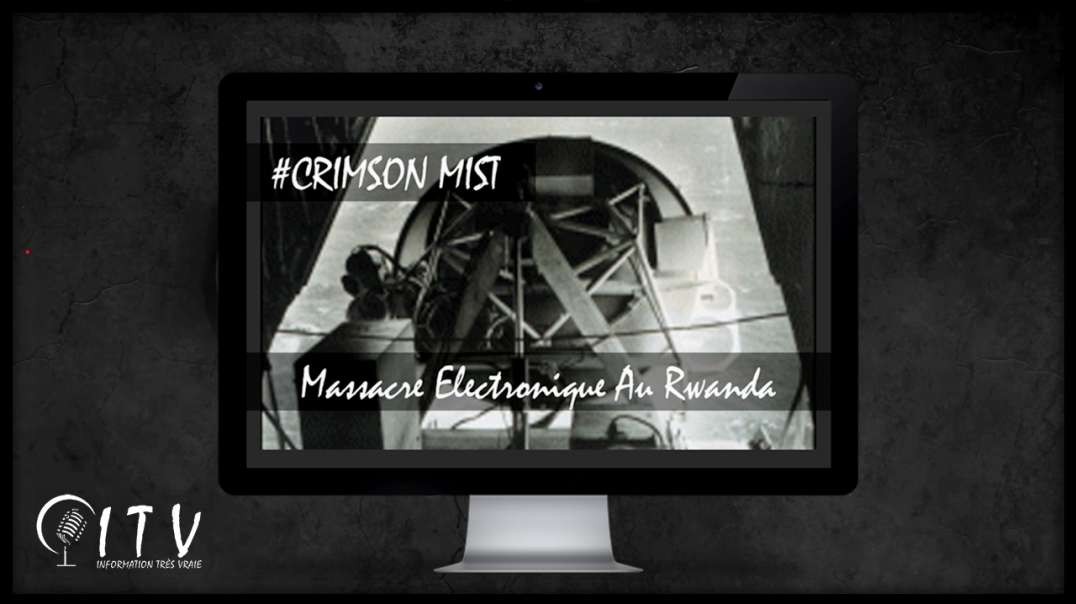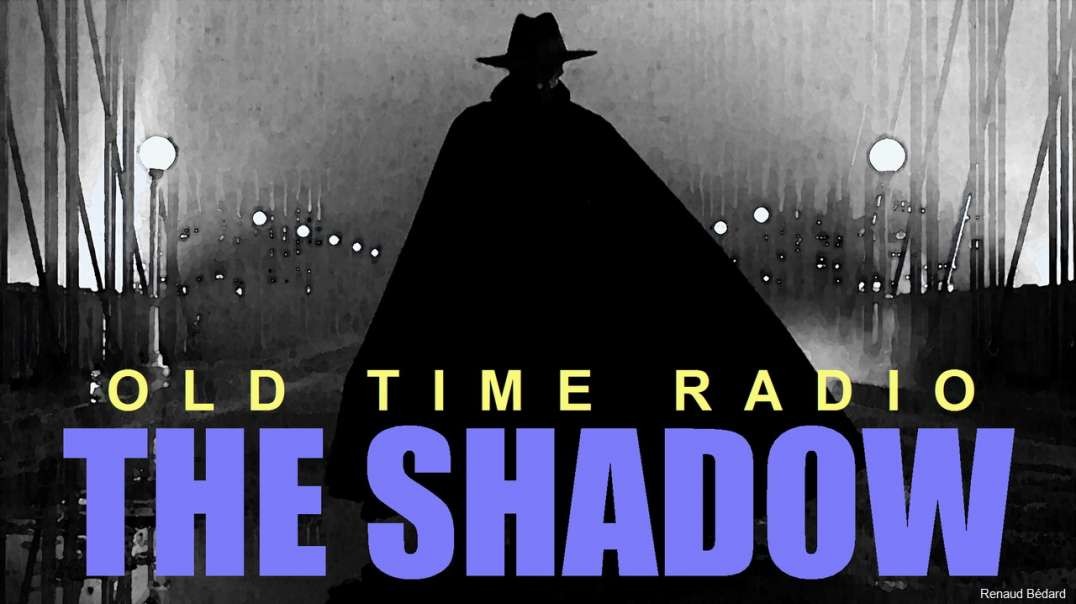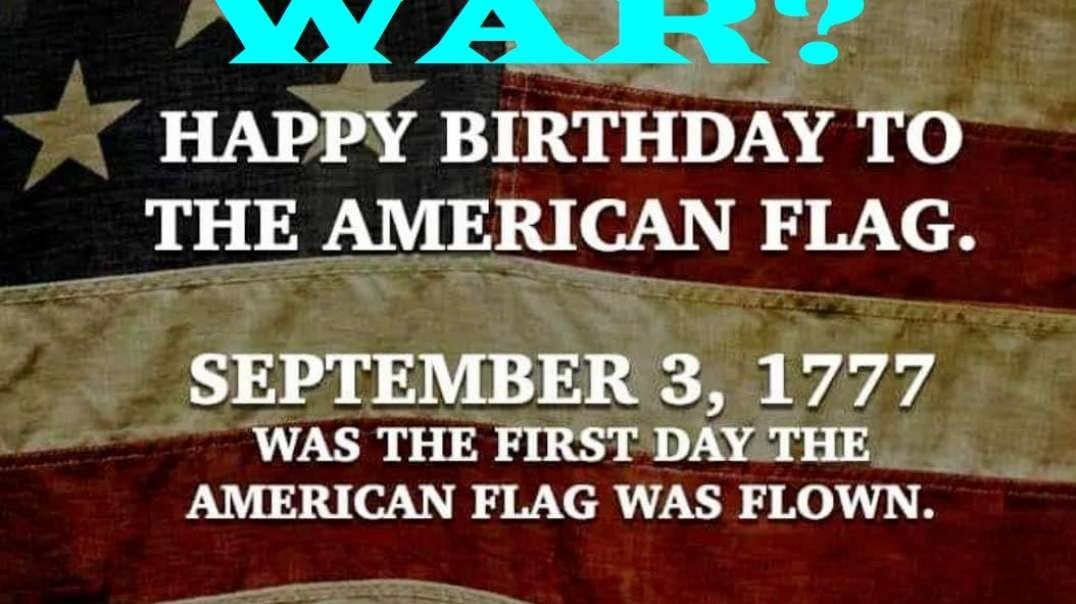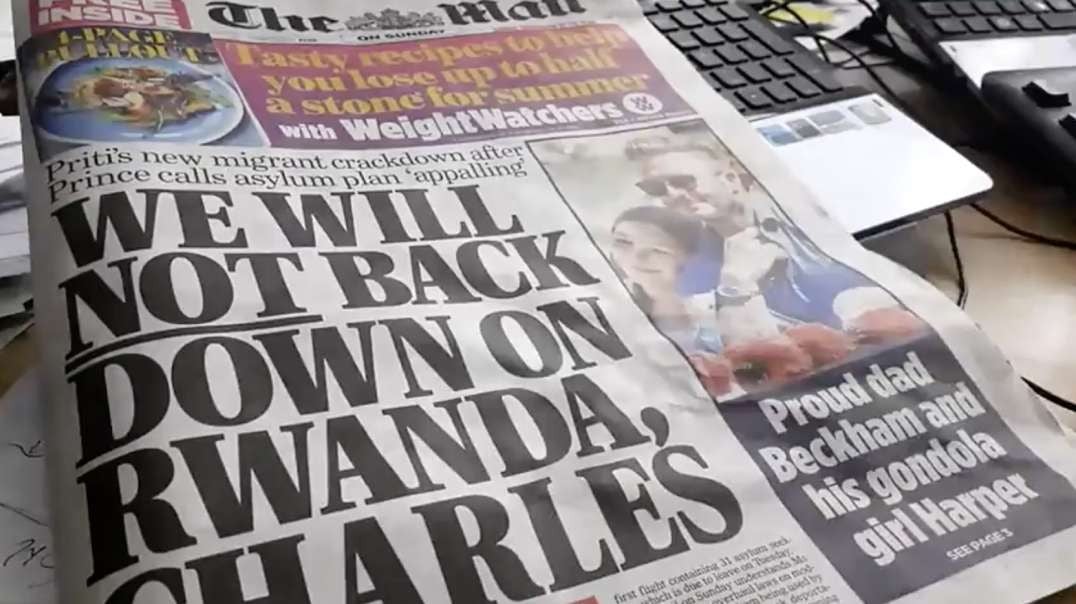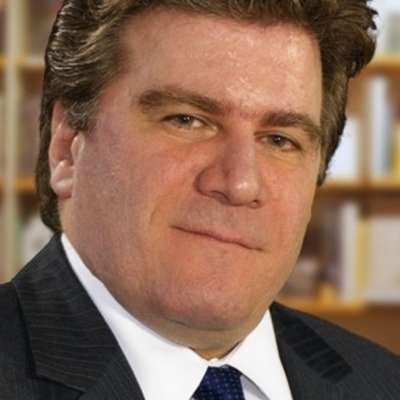Ghosts of Rwanda
When the United Nations sent peacekeepers to this small, Central African nation -- with the full support of the U.S. government -- most of the policy-makers involved believed it would be a straightforward mission that would help restore the U.N.'s battered reputation after failures in Bosnia and Somalia. Few could imagine that, a decade later, Rwanda would be the crisis that still haunts their souls.
Ghosts of Rwanda, a special two-hour documentary to mark the 10th anniversary of the Rwandan genocide -- a state-sponsored massacre in which some 800,000 Rwandans were methodically hunted down and murdered by Hutu extremists as the U.S. and international community refused to intervene -- examines the social, political, and diplomatic failures that converged to enable the genocide to occur.
"With the perspective of time, the Rwandan crisis can be seen as a crucial test of the international system and its values -- a clash between the ideals of humanitarianism and the cold logic of realism and national interest," says FRONTLINE producer Greg Barker.
Through interviews with key government officials, diplomats, soldiers, and survivors of the slaughter, Ghosts of Rwanda presents groundbreaking, first-hand accounts of the genocide from those who lived it: the diplomats on the scene who thought they were building peace only to see their colleagues murdered; the Tutsi survivors who recount the horror of seeing their friends and family slaughtered by Hutu friends and co-workers; and the U.N. peacekeepers in Rwanda who were ordered not to intervene in the massacre happening all around them.
The documentary features interviews with Canadian Gen. Romeo Dallaire, U.N. Secretary-General Kofi Annan, former Secretary of State Madeleine Albright, former U.N. Secretary-General Boutros Boutros-Ghali, and former National Security Adviser Anthony Lake as well as haunting interviews with the Hutu killers themselves, and a powerful interview with BBC journalist Fergal Keane who traveled through Rwanda as the genocide was drawing to a close.
